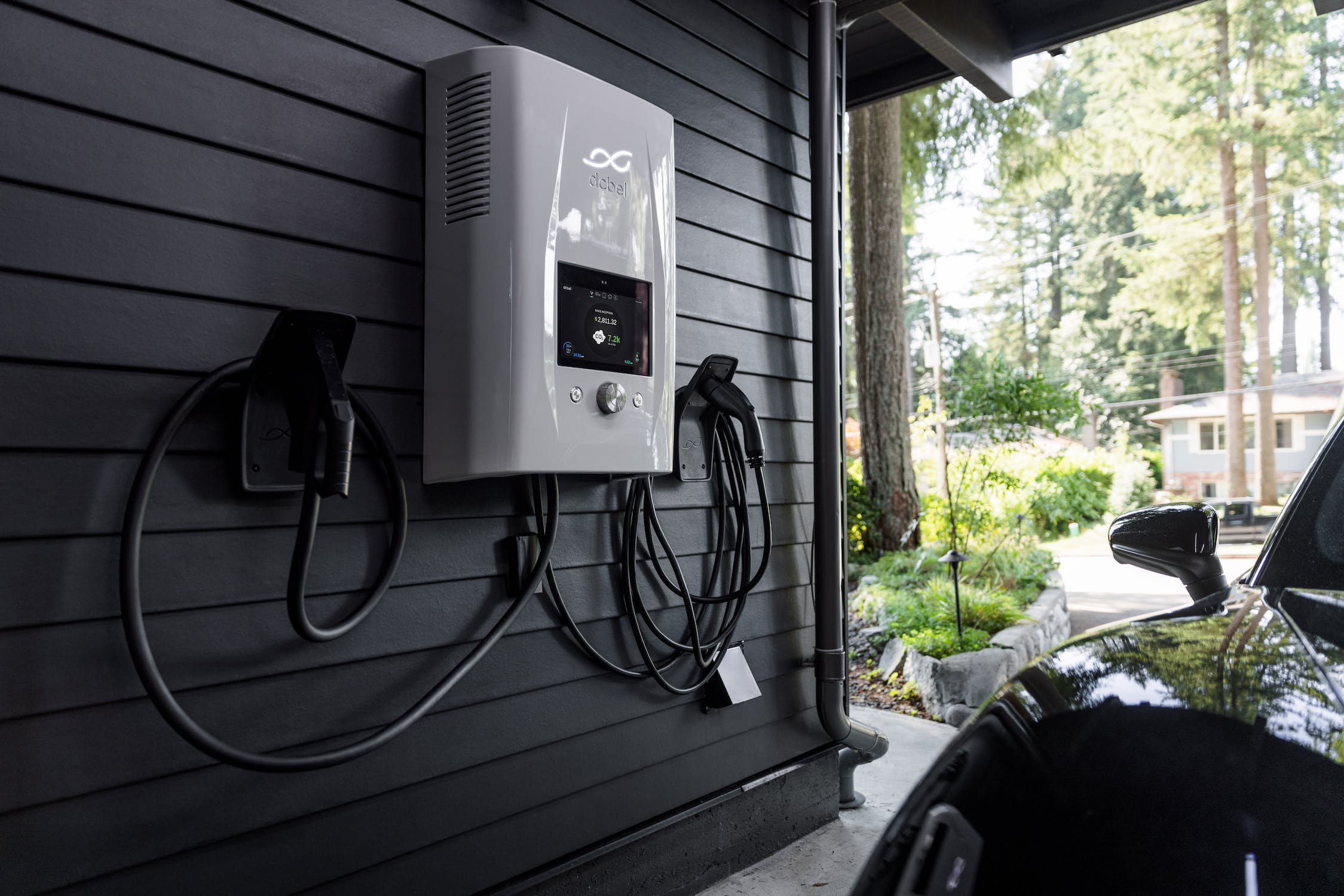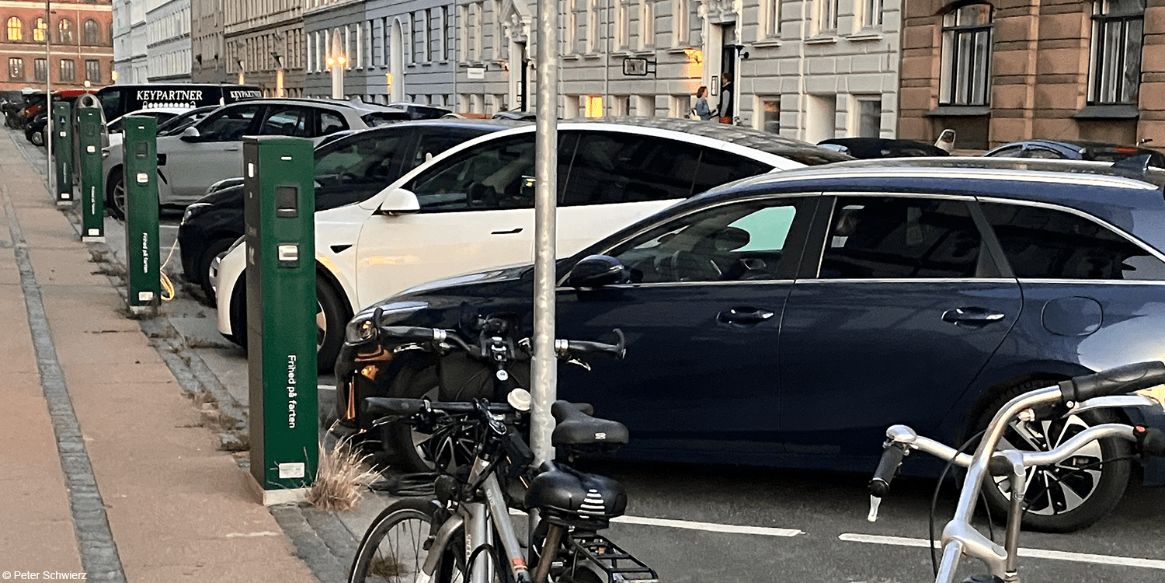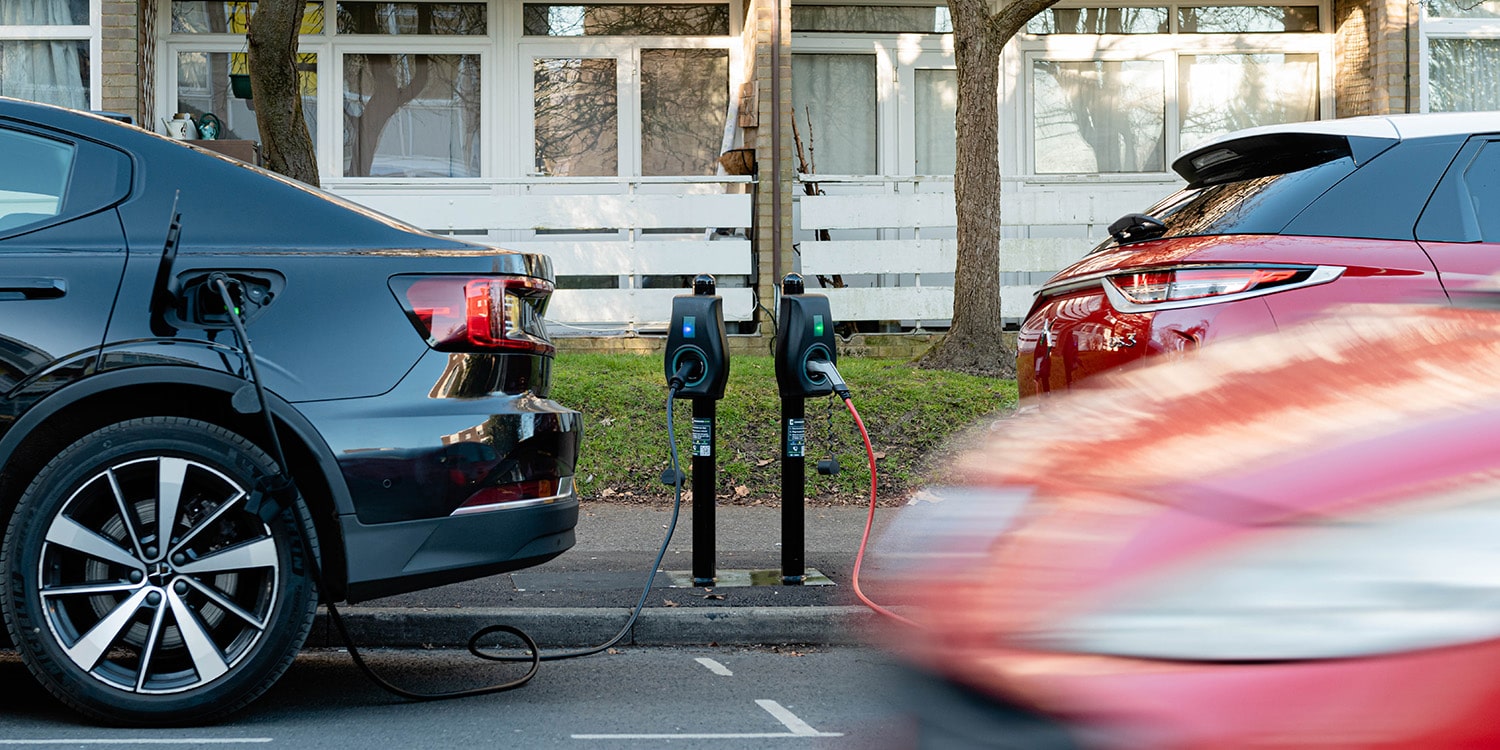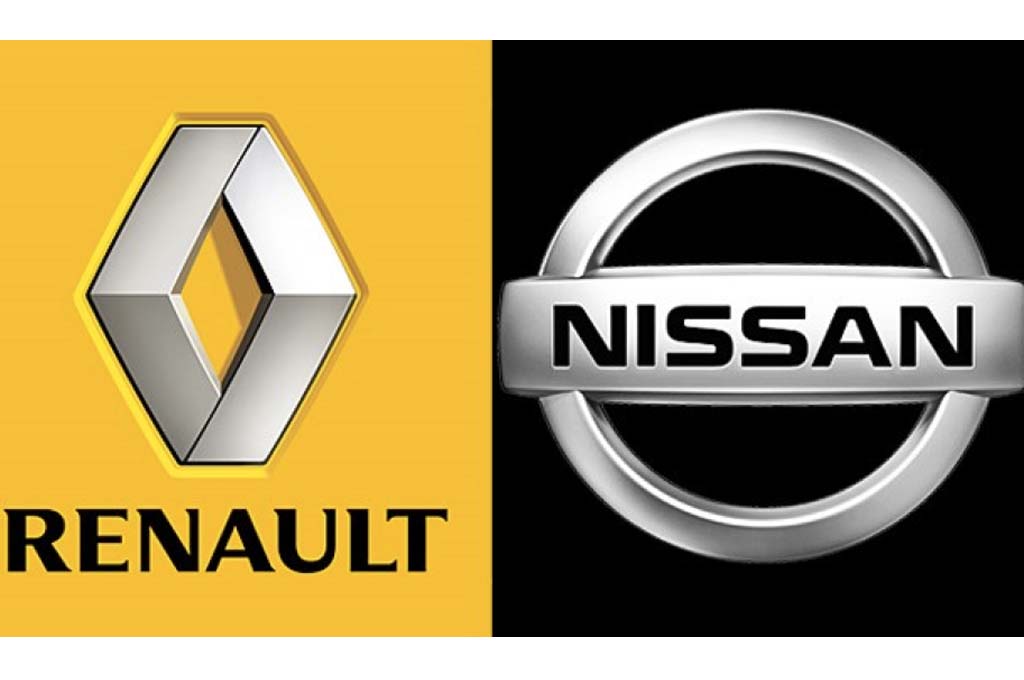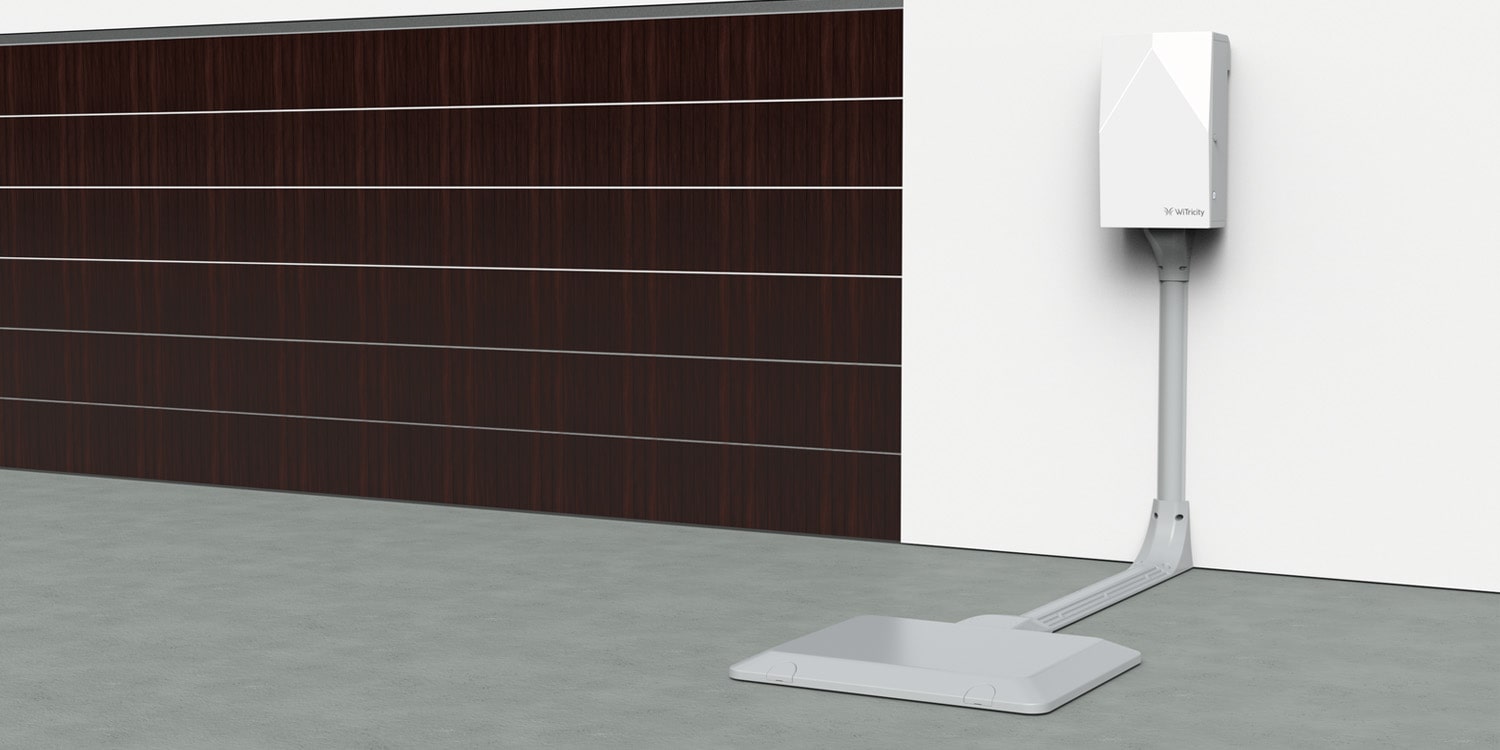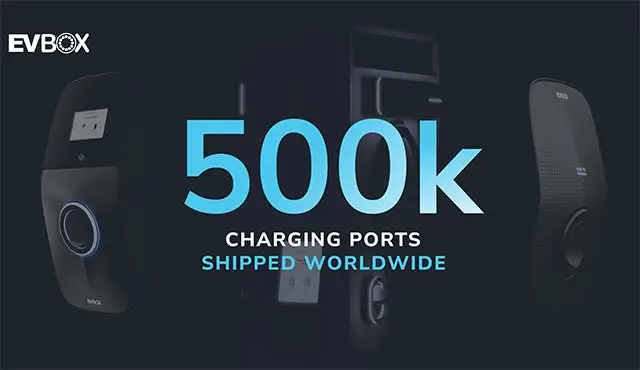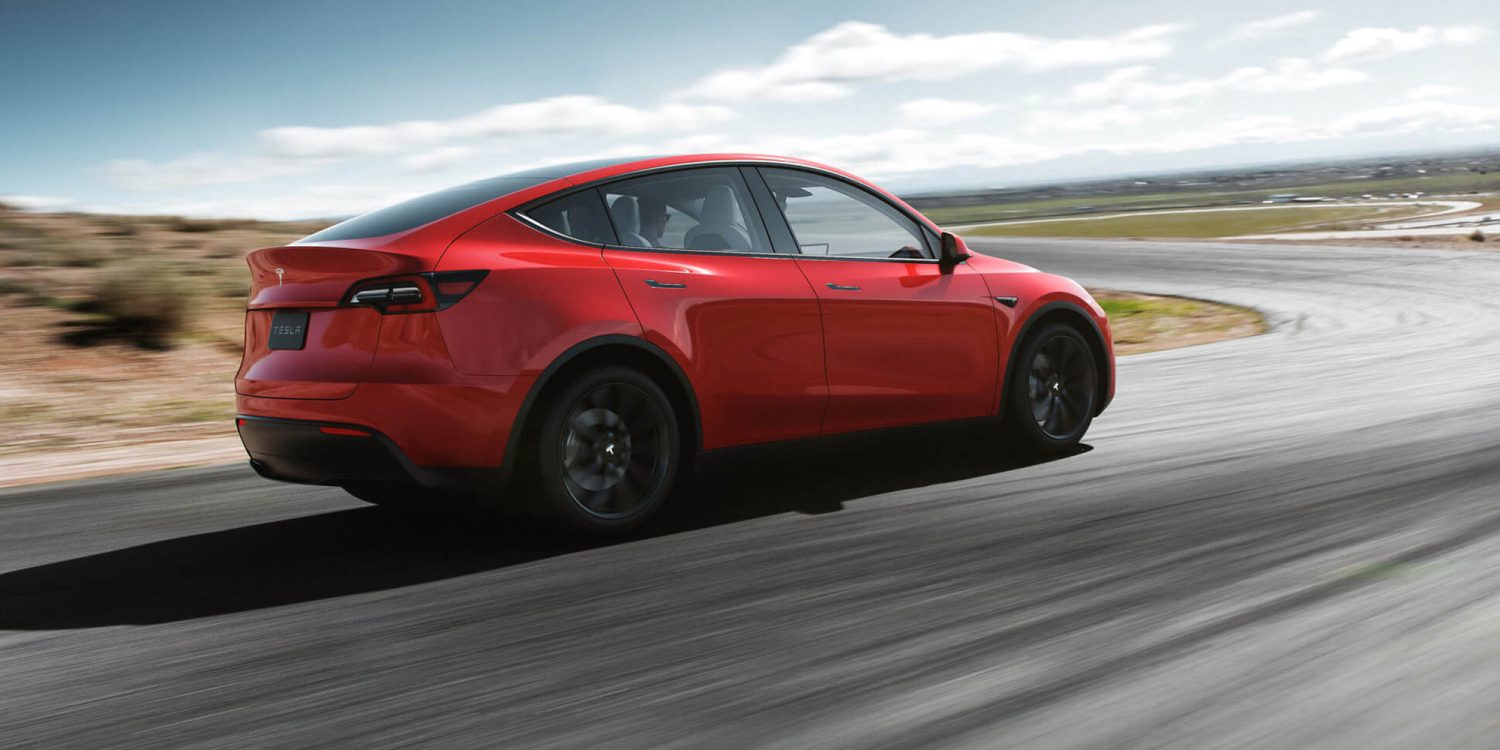A recent study conducted by JD Power has revealed that EV owners are becoming increasingly frustrated with their home charging experience. The study cites higher electricity rates and charging speeds as the primary reasons for the dissatisfaction. This news comes as no surprise as inflation following the pandemic has caused the prices of everything from lumber to eggs to soar, with electricity rates being no exception. The latest Energy Information Administration data shows average residential rates in the US rose nearly 10% in 2022 to 14.96 cents per kilowatt-hour.
The study, titled the US Electric Vehicle Experience Home Charging Study, shows that rising electricity rates are a significant reason for the dissatisfaction with home EV charging. Furthermore, the study also shows that only 51% of EV owners have knowledge of their utility companies’ programs to assist with home charging.
Adrian Chung, director of utility intelligence at JD Power, emphasizes the importance of increasing awareness of available rebates or incentives, stating that “by increasing awareness of available rebates or incentives, EV owners will benefit. This can snowball into helping potential EV owners make a more informed purchase decision, as well as minimizing home charging concerns and supporting greater EV adoption.”
See also: Winter Cost Comparison: EVs Still Cheaper Than ICE Vehicles, Study Shows
Utility companies offer incentives and rebates for purchasing and installing home EV charging infrastructure. ChargePoint has compiled a list of incentives available by state. By taking advantage of these programs, EV owners can reduce the cost of home charging, and potential EV owners can be better informed about the costs associated with owning an EV.
Another reason for the falling satisfaction with home EV charging is charging speed. Although over two-thirds of EV owners use a Level 2 charger, this year’s study found that 2022 and 2023 EV owners are less satisfied than 2021 and 2020 owners. Satisfaction improved significantly when moving from a Level 1 to a Level 2 charger.
Brent Gruber, executive director of the EV practice at JD Power, stresses the importance of improving the home charging experience, stating that “improving the home charging experience should be a common goal shared by all.” He adds that there are programs available today that will help EV owners with the startup costs of installing or upgrading to a faster Level 2 charger. There are also programs designed to save EV owners money with the ongoing costs of charging their vehicle, like scheduling to charge during the most affordable time of the day.
The study found that most EV owners have little awareness of the programs and incentives being offered. By increasing awareness of these programs, EV owners can improve their home charging experience, and potential EV owners can be better informed about the costs associated with owning an EV.
The study also found that scheduling a charging time increased charging satisfaction, with the highest satisfaction reported among those using the vehicle’s mobile app. As far as home charging units, Tesla ranked highest for Level 2 chargers, followed by GRIZZL-E and Emporia.

